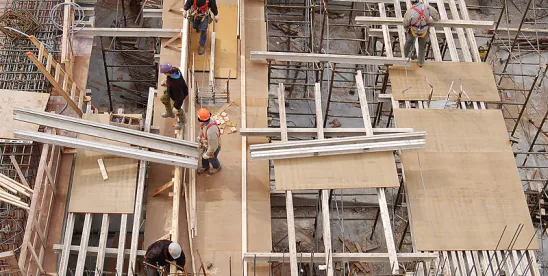A federal court in upstate New York is permitting a subcontractor’s delay claim to proceed notwithstanding a “no damages for delay” provision in the subcontract. The case, The Pike Company, Inc. v. Tri-Krete, Ltd., involves delay claims asserted by a subcontractor hired to install pre-cast concrete walls on a college dormitory project. The subcontractor alleges that the general contractor, The Pike Company, actively interfered with its work causing it to incur costs to overcome that interference and mitigate delays. Pike moved for summary judgment based on the no damages for delay provision in the subcontract, which generally provided that (1) the subcontractor’s only remedy for delays caused by an act or omission of the contractor was an extension of the schedule and (2) any damages for delay, interference, or changes in sequence were waived.
The court held that while such clauses are generally valid and enforceable, there are a number of recognized exceptions:
Yet there are exceptions to the general enforceability of a no damages for delay provision. Even when a contract includes such a provision, damages may be recovered for: (1) delays caused by the contractee’s bad faith or its willful, malicious, or grossly negligent conduct, (2) uncontemplated delays, (3) delays so unreasonable that they constitute an intentional abandonment of the contract by the contractee, and (4) delays resulting from the contractee’s breach of a fundamental obligation of the contract. For example, the failure of a contractor to supervise and coordinate the work of subcontractors on a construction site may preclude the enforcement of a no damages for delay provision. Likewise, a no damages for delay provision may be found to be unenforceable where there is an “intentional abandonment” of the contract that renders it unenforceable—such as when an owner makes dramatic changes to the work or causes significant delay. As the party seeking to preclude the enforcement of the no damages for delay provision, [the subcontractor] bears the “heavy burden” of demonstrating that the provision does not apply.
Applying this law to the facts at hand, the court held that evidence in the record supported a finding that one or more of these exceptions applied. This included evidence that Pike interfered with the subcontractor’s means and method of production, failed to timely complete predecessor work, compressed the subcontractor’s schedule by a factor of 50%, and refused to grant time extensions as provided for in the subcontract. Such evidence of uncontemplated and unreasonable delays caused by Pike, and Pike’s breach of its fundamental subcontract obligations, precluded summary judgment in Pike’s favor.
The court also rejected Pike’s argument that the subcontractor failed to give adequate written notice of its delay claims. The court held that under New York law, oral directives may sustain a claim for extra work damages notwithstanding a contractual provision requiring written authorization. The court further held that Pike arguably waived the written notice requirement when it granted change orders to another contractor on the same job without insisting on written notice. The issues created genuine issues of material fact that precluded summary judgment in Pike’s favor.
A copy of the court’s decision can be found here. No trial date has been set.




 />i
/>i

